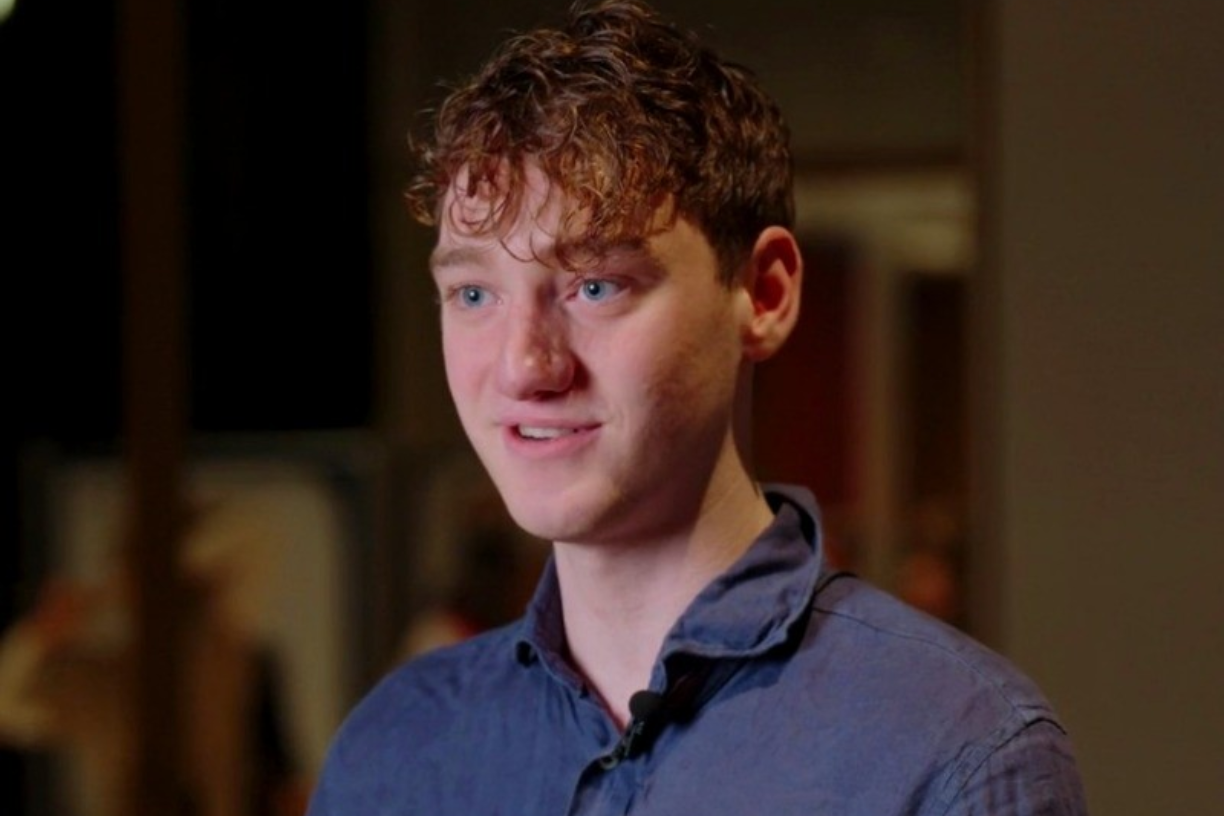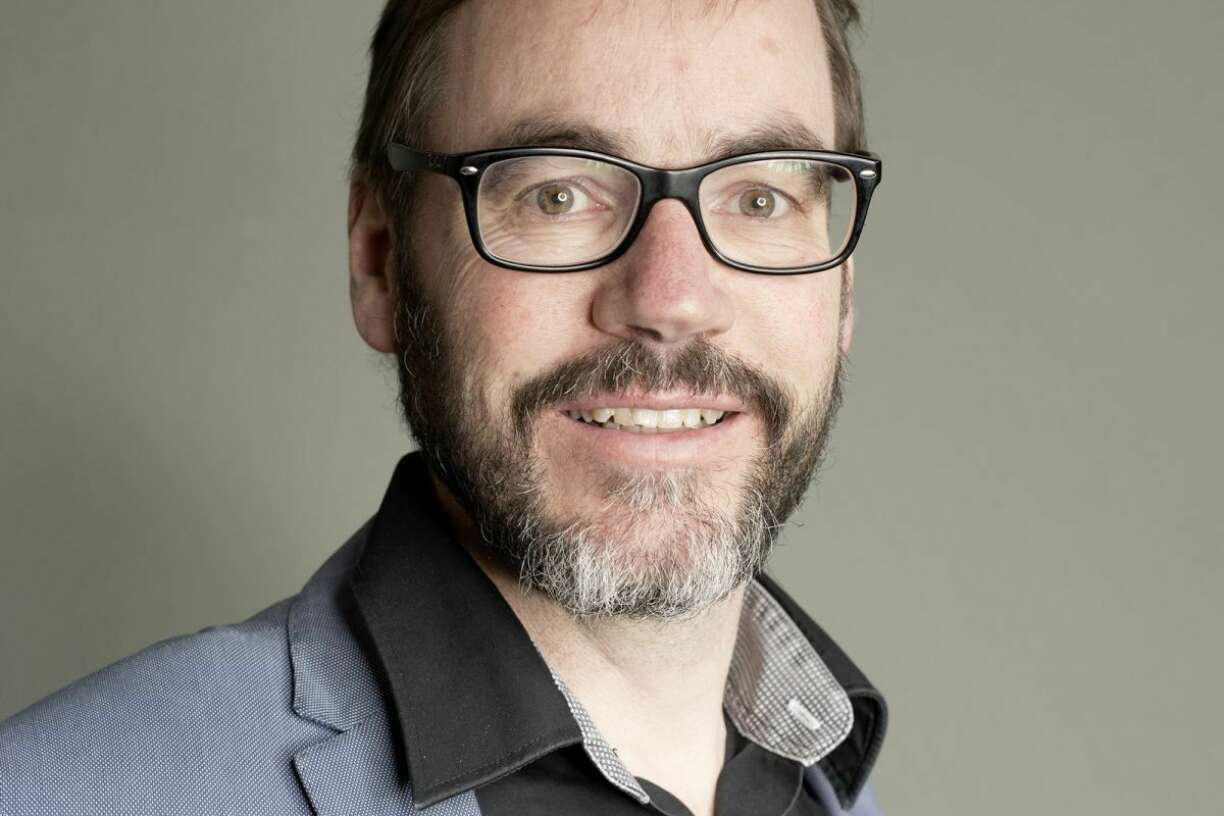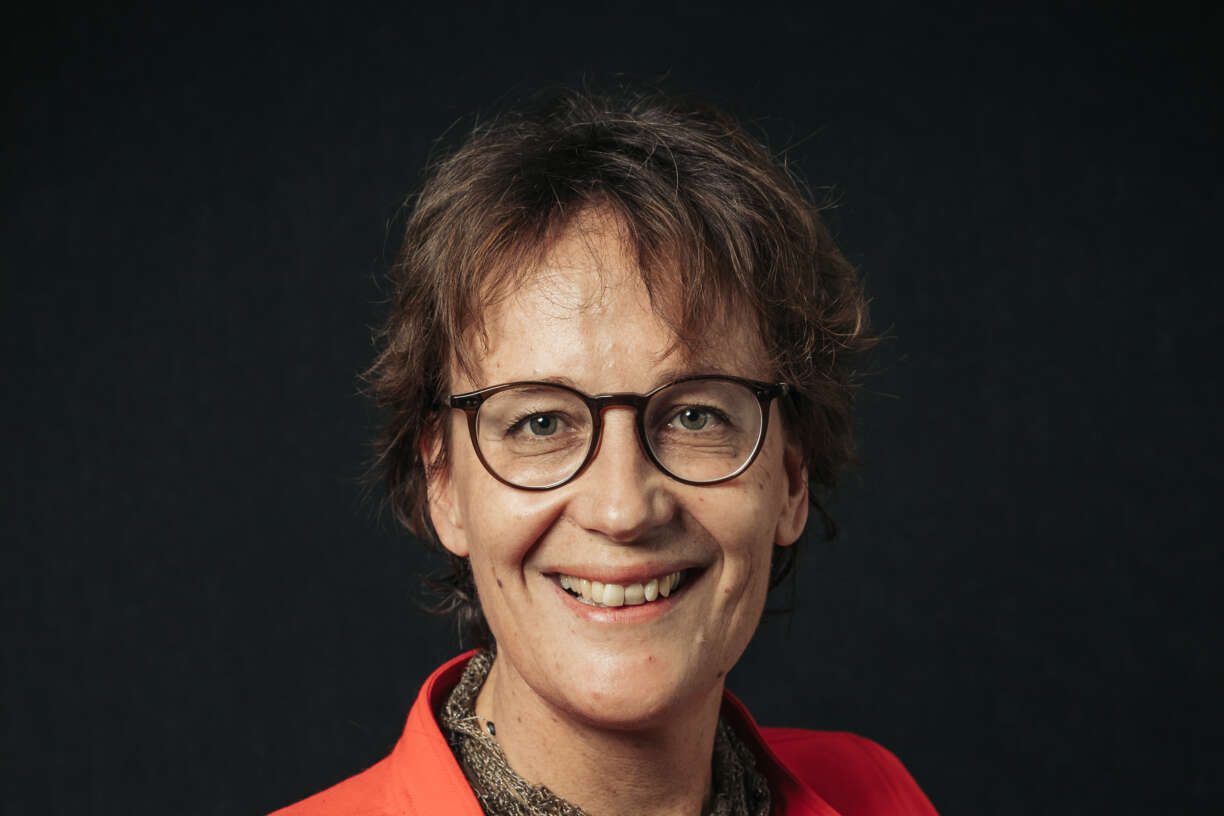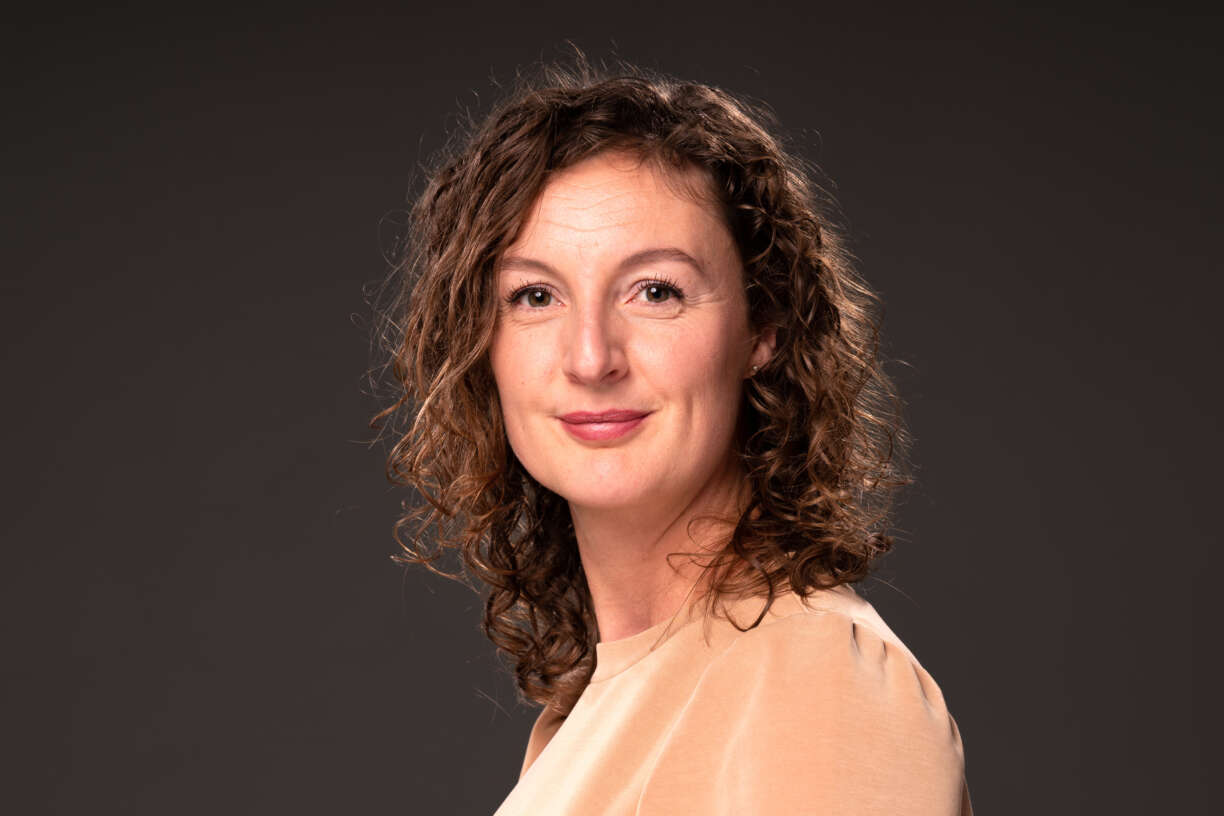
Algorithmisation and transformation of work of academic medical professionals
Partners: Utrecht University & Tilburg University
Type: PhD
Duration: 2023—2027
Recent innovations keep promising significant improvements in clinical decision-making. However, most of the time these algorithms are quite disappointing when they enter clinical practice. While discourse centers around idealization and imaginaries, reality has taught one thing so far: Algorithms are fundamentally linked to humans. Precisely the interaction between the different human actors surrounding the algorithm is the object of study, not a confounder or 'just context'. This shows a key point; algorithms are fundamentally linked to the expectations humans have of them. It roughly works in a circular mechanism: humans change algorithms, and algorithms change humans. Their perspectives, power, and politics matter.
This PhD research departs from this conviction, stepping away from previously done unidimensional studies and focusing on the dynamic, not the technology. From this dynamic, actors co-create the technology. This can be direct; for example, developers choosing metrics, changing data and parameters. However, it can also be indirect; for example, a doctor’s perspective on algorithm capabilities versus their own, prioritizing autonomy or pressures (such as quality or speed).
This project is primarily focused on mapping patterns within this creation process with the main question: How are patterns of institutional and individual decision-making power shifting in the algorithmic society? Previous literature is utilized to gain historical insights into earlier technologies to sketch the dynamics and trends observed with algorithms. Fieldwork identifies different characterizations of involved actors and follows the development and practical context, focusing on changes in autonomy, values, trust, relations, hierarchy, authority, and bureaucracy.
This approach allows for answering the question: 'What truly changes with algorithms?'. These studies sense-check current hypes and bring a more nuanced perspective. Contributions aim to inform scientific and societal recommendations for future implementations and to enhance understanding of why algorithms have not gained widespread adoption in hospitals.








